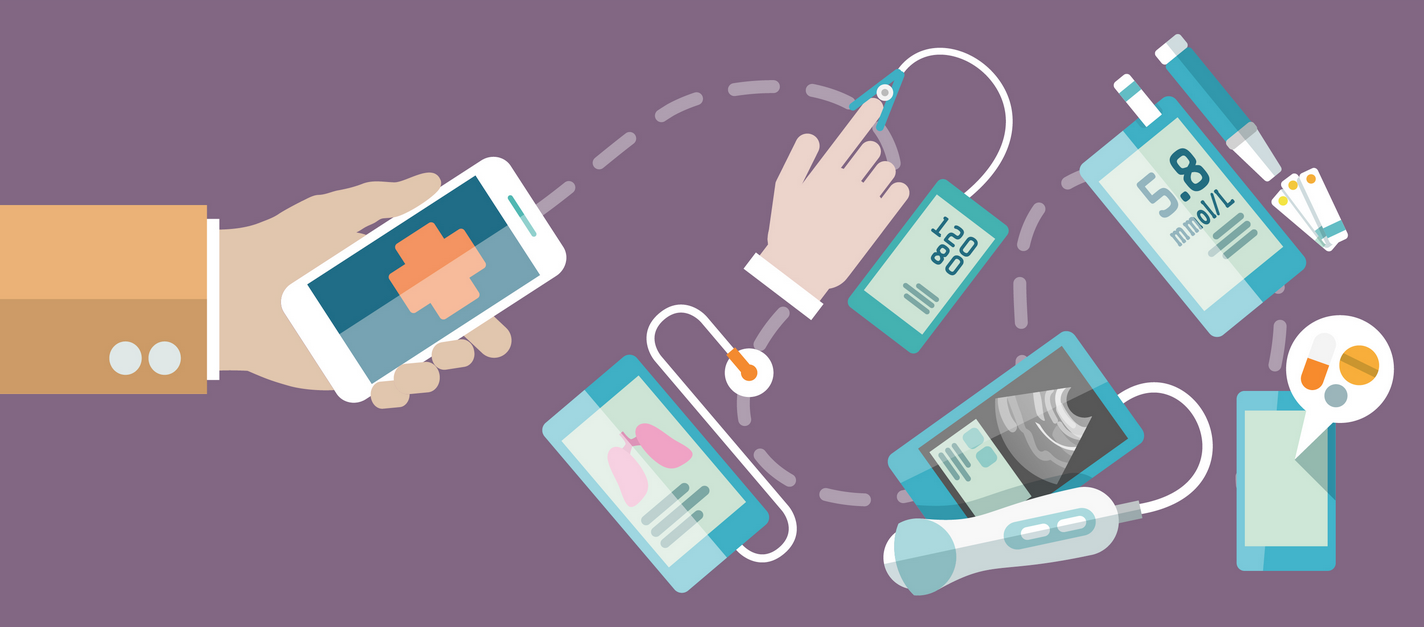The market of mobile health apps is evolving rapidly. Nowadays, medical professionals access numerous clinical applications in order to provide quality care services to the patients. These apps give convenience to the caregivers. But to develop a functional and convenient app is not a piece of cake. However, there are several healthcare software development companies who can help you in building exceptional medical solutions and applications. There are several factors which you need to keep in mind which hiring healthcare software development company for making your medical and healthcare app successful. In this blog, let’s explore the top three roadblocks which you need to overcome for successful use of healthcare apps.
- HIPAA Compliance Guarantee: Clinical applications deal with storage and exchange of confidential health-related data of the patients. These doctor apps are designed to assist physicians across the care continuum, some patient data is needed at every stage. Hence, the security of this personal data is the primary concern. This fact makes it mandatory for you to build a doctor’s app in full compliance with HIPAA regulations. HIPAA provides data privacy and security provisions for safeguarding private medical information. If you will develop a HIPAA compliant healthcare app, then it ensures a safe storage, management and exchange of patients’ confidential clinical details.
- Seamless Integration With EHR: It is difficult for medical practitioners to enter same information again and again and hence it is very important that your healthcare app should be integrated with the EHR system of the medical organization. This is because without solid and secure data sync between the app and the provider’s infrastructure most of the features are useless and inaccessible. For example, if the feature of symptom checker is in one app, lab results are somewhere else and care coordination is in another stand-alone app, then additional information transfer becomes too tedious and time-consuming for the doctors. In some cases the healthcare organization uses one of the major EHRs, supplemented with their exclusive mobile app. But if this is not the case then healthcare setups need to convince their EHR vendors to allow integration with their mobile apps.
- BYOD Policy: Most of the healthcare organizations have BYOD policy. Bring Your Own Device (BYOD) policy allows physicians to bring their own smartphones to their workplace; and access privileged private medical information of the patients through applications. This policy also has certain setbacks and there’s a little possibility of patients’ confidential clinical data getting compromised. In order to avoid this, you have to create a secure proprietary infrastructure of your doctor’s app so that there is no risk of misuse of the patients’ personal health-related information.
These are the three major pitfalls which you have to consider while developing your first doctor’s app. If you will successfully overcome all these roadblocks you can easily develop a comprehensive healthcare app that can assist them in facilitating their routine work. In case you need to build an all-inclusive medical app for doctors hire competent healthcare software developers with a wealth of experience in building out of the box medical apps and solutions.

